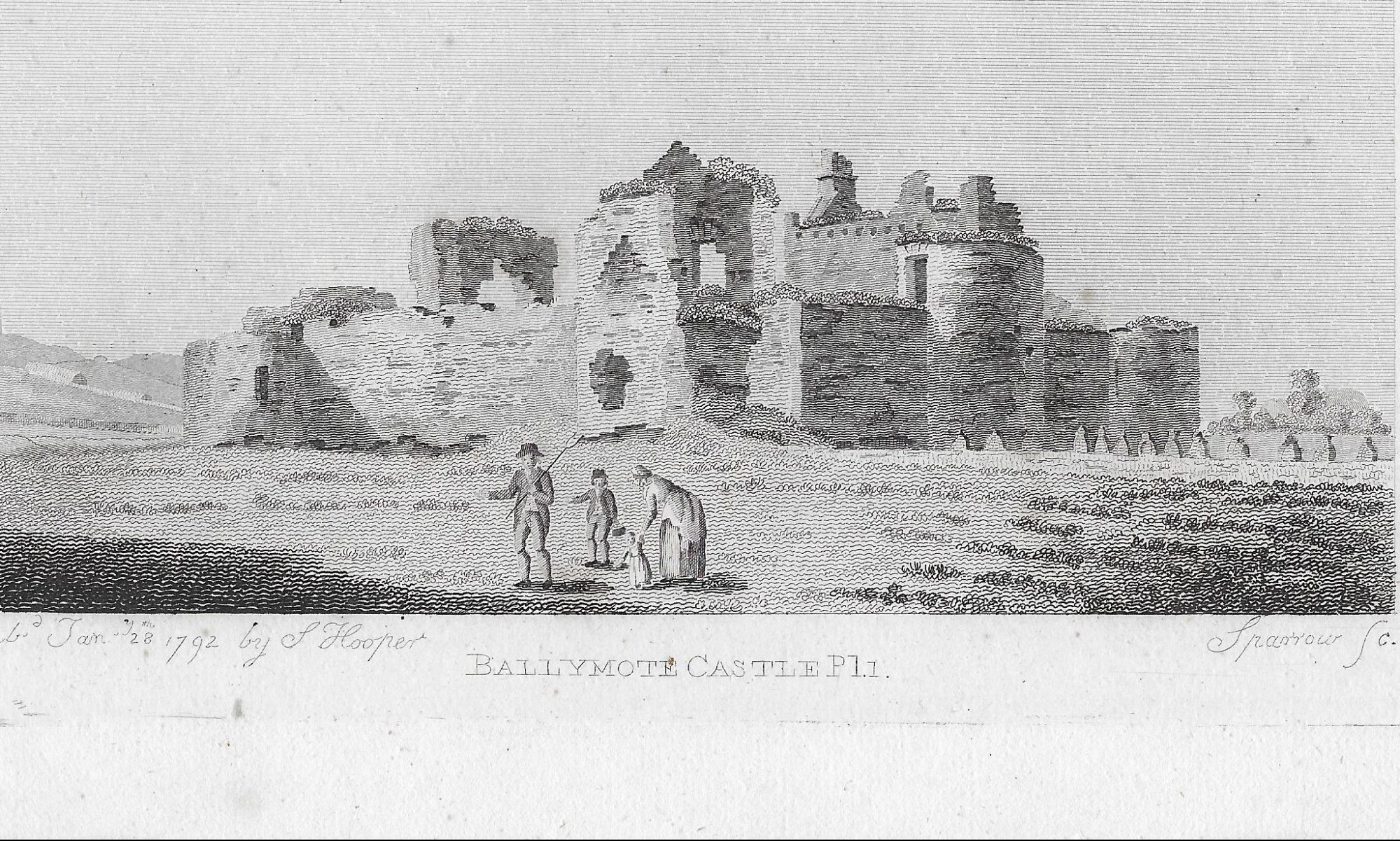Next week I am due back at UCD to do some tutoring in the School of History. I will be tutoring students on Dr Marc Caball’s Environment and Migration second year module which focuses on early modern Ireland (1500s-1700s). It is great to be back tutoring in UCD again and it is also great to be back working in early modern Irish history. This was my first area of specialisation when I began to study history seriously as a researcher and writer. The past few years have seen me focus on medieval Irish history. However, the surprising dig in search of the remains of Red Hugh O’Donnell which took place over the summer in Valladolid in Spain has sparked my renewed interest in my PhD research which led to my first book on Red Hugh O’Donnell which was published way back in 2005. Since then my research interests have changed a little. Although I am still very interested in early modern Co. Donegal, I find that my most recent research takes me to early modern Leinster and Munster, although I am still very much focused on the 1500s. Hopefully my renewed interest in early modern Irish history will contribute to making my forthcoming tutorials interesting and beneficial for my students. With the ongoing Covid 19 emergency tutoring for this semester anyway will be online but hopefully when the pandemic crisis has passed both students and staff will be able to look back on this strange time and say that we all tried our best and did a good job!
Some Good News ~ Radio Interview
Thankfully I have some good book-related news to report. On Sunday I did a short interview with Patrick Geoghegan host of the Talking History program on NewsTalk FM. Patrick asked me about the major themes of the Kings of Aileach and the Vikings book and the interview is due to be broadcast on 16th August during the usual Sunday evening show (7pm).
According to my publishers the Kings of Aileach and the Vikings book is selling well online and they are very happy with how it is progressing. Things appear to be slow in normal bookshops due to the ongoing Covid 19 crisis, but the wonderful benefits of modern technology have saved my new book from what in earlier times would have been a bad situation.
In other good news I will be returning to the School of History in UCD next semester to work again for a while as a tutor. While returning to teach during Covid times is a worry, UCD is a very spacious campus, with large airy rooms and plenty of space to maintain social distancing. If any university world-wide can make a return to teaching UCD must be one of the more fortunate with plenty of natural and built advantages. So fingers crossed for September and after.
Finally for a few days during the archaeological dig in what had once been the chapter area of the lost Franciscan monastery in the city of Valladolid in Spain, I felt that the archaeologists were indeed very close to finding the long-lost remains of Red Hugh O’Donnell. So I was disappointed to hear that there did not appear to be any likely candidates in the fifteen or sixteen or so skeletal remains that were indeed unearthed. The existence of these remains does suggest that the Franciscan friars were leaving the remains of illustrious people buried within their chapter in situ rather than transferring the bones to the municipal ossuary after a small number of years as appears to have occurred in the case of Red Hugh’s great ally, Hugh O’Neill, in Rome. O’Neill’s remains were moved after only seven years. The fact that another of Red Hugh’s contemporaries, the Duke of Lerma’s tomb survives in one of the churches in Valladolid, highlights that O’Donnell was unlucky in his choice of resting place. Now the search for Red Hugh’s grave goes on with the Spanish archaeologists suggesting that he lies under the foundations of a newly constructed bank building beside the recent dig. Maybe it is time now to let Red Hugh rest in peace.
